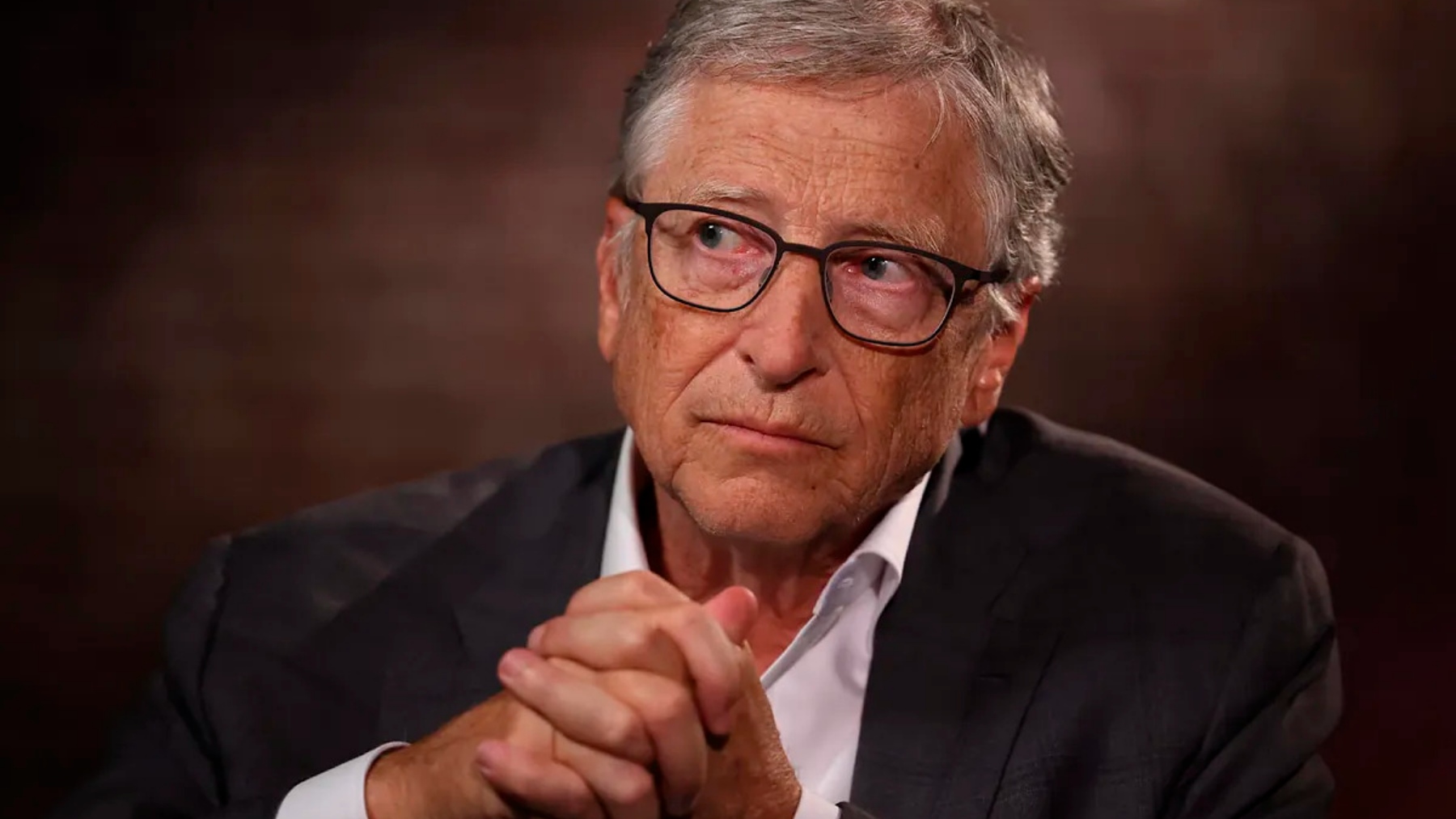Artificial intelligence (AI) is going to take everything from us. That’s how it is, and we’d better get used to it. Not just the most mechanical jobs, the list that Bill Gates shows (yes, Uncle Gates, the same one who led the tech revolution in the 90s and 00s) is huge. It’s no longer just the most repetitive or technical work. Within a decade, most of the tasks we do as humans could be replaced by AI. (Might as well have AI take over my back pain too…)
Well, turns out Gates thinks our jobs will disappear. He said it clearly and directly: the revolution that’s coming is not only technological, it’s also social, ethical, and deeply transformative.
The apocalypse of salaried work?
It seems like it. But Gates brings up a very necessary debate that maybe we’re not ready for. Are we prepared for a world where AI is more efficient than we are? From medical diagnoses to personalized education, including creative and technical jobs, AI is starting to replace what used to be considered exclusively human.
“Free and omnipresent” intelligence
During a conversation with economist Arthur Brooks at Harvard, Gates went even further: “Intelligence will be completely free” he said. It’s no longer about tools that make existing things easier. We’re talking about artificial intelligence capable of redefining tasks, making decisions, and executing them without human involvement.
For Gates, the future won’t need “brilliant doctors” or “extraordinary teachers” because AI systems will be able to offer diagnoses and personalized tutoring with accuracy that surpasses human capability. Well then, guess it’s time to pack it up and leave.
A new global health model
One of the fields where the change will be felt most quickly is medicine. According to Gates, in a short time, machines will outperform humans in diagnostic ability. And that shouldn’t scare us: “It’s not about replacing the doctor, but multiplying them” (well, we can sit and debate that one whenever you want, Bill).
Still, as a way to bring medical attention to areas where there has never been a specialist, or to relieve overwhelmed hospitals, it seems like a great option. It could be a great ally, but can it work alone in this field?
Education also in question
Gates sees a future with digital tutors capable of teaching, motivating, and detecting weaknesses in real time (how is AI going to know when kids are cheating on tests?).
These systems could adapt content to each student, provide emotional support, and offer continuous follow-up (as a teacher does usually, but with technology) So yes, the traditional teacher role could fade away.
Not everyone sees the future with the same excitement
Mustafa Suleyman, head of AI at Microsoft and author of the book The Coming Wave, says this tech wave isn’t just a tool for humans. It’s a direct replacement of their roles, and clearly, from that perspective, new debates must open: what do we do if AI takes our jobs… anarchy?
Who decides the future?
For now, no one. Things are “lining up” but Gates believes the real challenge isn’t having the technology, it’s knowing what to do with it. Unlike the past, where access was the biggest obstacle, today the issue is ethical. How do we ensure that this power is used for the common good and not to widen inequalities? And what if AI starts being used to do bad things? Well, probably. Humans just can’t sit still.
We still have time to decide how we want it to transform us. Gates, from his experience and global influence, presents a vision where artificial intelligence doesn’t replace us but pushes us to be better (so he says!). And you, what do you think is going to happen with AI?

